In 2017, I was psychologically profiled for the next step in my leadership journey and this led to one of the most profound realisations of my life; the value of slowing down.

Until that point I'd progressed thanks to how effective I'd been at getting myself and my teams to be very good at delivering, otherwise known as, "getting sh!t done!"
And yet, on this Spring afternoon in a hotel bar in London's King's Cross, a very well respected Phycologist was telling me that my main area of focus should be to understand the value of slowing down!
My response? Stunned silence. Followed by, "Err, ok, but how slow is slow?! For the first time in my adult life I literally has no idea where to start! All I could see was loss and sacrifice and no upside. Ahh I thought, that's her point!
I was reminded of this at a recent circus performance where a very strong acrobat slowly balanced himself atop a set of chairs and gradually, muscle by muscle, unfolded, slowly sculpting himself into a handstand (see photo).
The audience was captivated into silence - marvelling at how he was managing to negotiate so many forces at once and pull off a masterfully impressive performance - deeply focussing his strength by slowing down.
Why Slow Down?
- Slow down to speed up & go further! The combination of speed, uncertainly and complexity is rarely a mix for good decision making. When leaders hit the pause button you can have different and deeper conversations. Instead of focusing on speed in the short term, you can focus on learning, exploration and collaboration which, in my experience, leads to better results in the mid to longer term.
- Complex challenges require 90% enquiry and 10% decision making. When we don't slow down, we run the risk of spending time and money reacting to symptoms. To resolve a significant issue, you must first understand whether you're looking at a surface issue or the root cause. Slowing down helps you become less reactive in your decision-making and instead of playing whack-a-mole with individual problems as they raise their heads, able to step back and diagnose how to uplevel your whole game by working with your team to see information, patterns and issues that were previously overlooked or unclear.
Ideas for Action 👉
As you might expect, there are no quick fixes this week but rather ideas for how to start thinking differently about the challenges you face;
- Change yourself, change the culture. As a leader, it's important that you signal to your team that you're doing things differently when it comes to complex challenges otherwise the "fix-it fast" mentality will pervade. They need to see you collaborating, having open dialogue and slowing down to learn with them. Then, when they're struck by the pressures of complexity, you'll have taught them to respond with a more considered approach.
- Beliefs drive decisions -> Decisions drive behaviours -> Behaviours become practices. Start to build awareness and understanding of what beliefs are required to drive your business strategy in the right direction. What beliefs get in the way? E.g Does everyone believe they are custodians of the brand? Does the whole organisation put the customer first?
As you may know, my art practice is one of the ways that I slow my thinking down and it's why I use creative arts to help teams all over the world!

Mark making and storytelling combined with profound questioning is how I help teams to open up, explore their beliefs and the underbelly of complex issues. This can lead to big performance unlocks!
Do get in touch if you'd like to discuss how Art After Dark could help your team to resolve your complex challenges.💫
Drawing🖼️
This time I sketched "The Ballerina", as this is the closest I've come to being an acrobat! I spent much of my childhood dancing and much of our training included slow stretching and weight-bearing which allowed us to move quickly, yet precisely with the utmost control when needed!
I encourage you to take a moment to reflect on what I've shared whilst studying this drawing. Let me know of a time when slowing down helped you - I love reading your stories!
